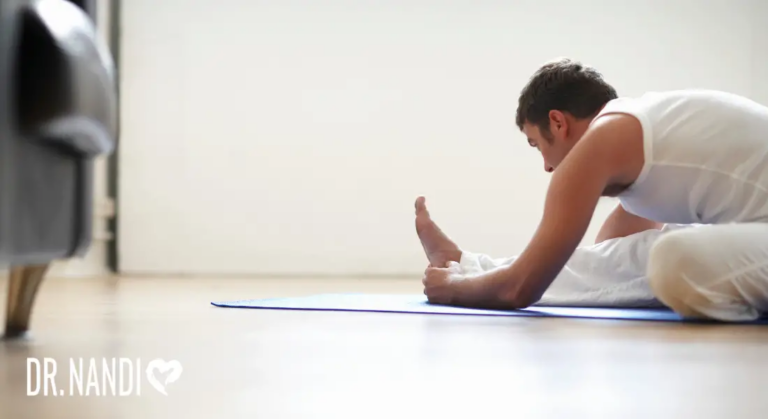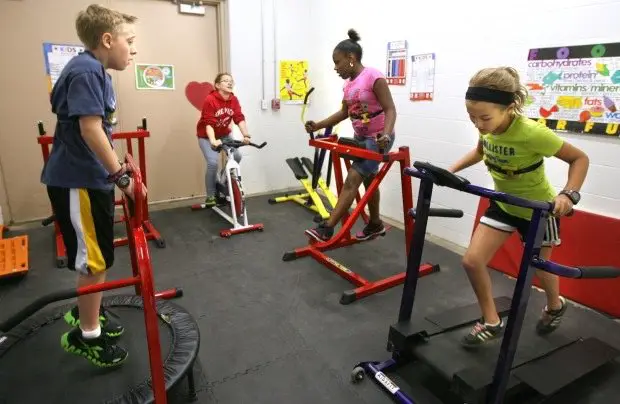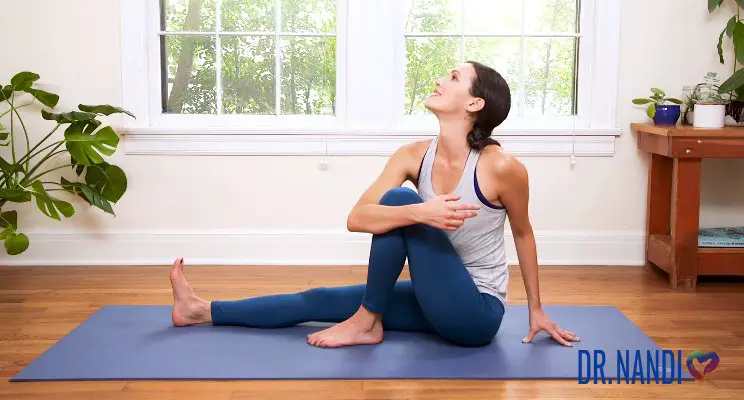Self-controlled children tend to be healthier middle-aged adults
Self-control helps you control your thoughts, feelings, and behaviors. It is an important personality trait that helps you navigate through life. In fact, according to a New Zealand study, having self-control as a child tends to produce healthier middle-aged adults. (1) Self-Controlled Children Study The Dunedin Multidisciplinary Health and Development Study followed 1,000 people from…






















